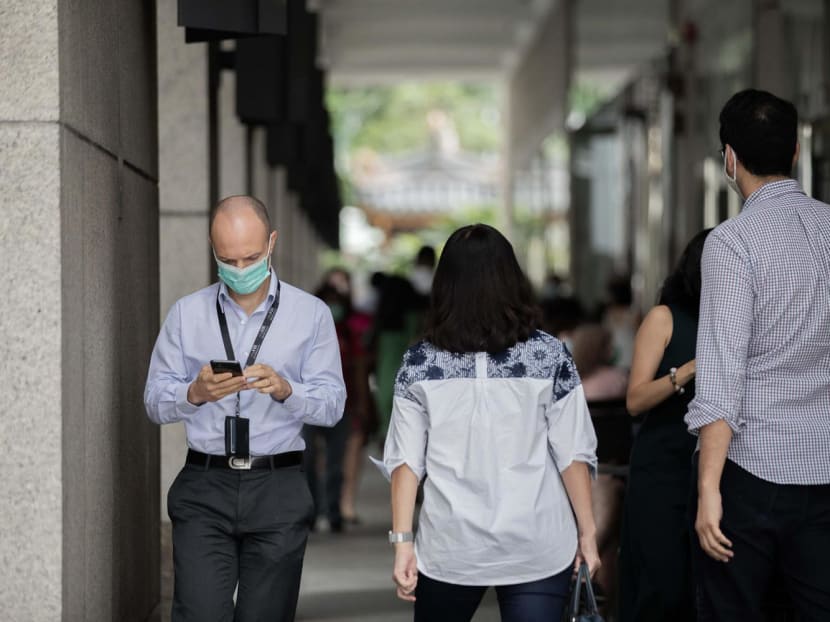Employers and workers should adopt 'flexible mindset' on 4-day work week: Gan Siow Huang
SINGAPORE — Employers and workers should adopt a "flexible mindset" on a four-day work week, Minister of State in the Manpower Ministry Gan Siow Huang said in Parliament on Tuesday (Sept 13).

Minister of State in the Manpower Ministry Gan Siow Huang said in Parliament that a four-day work week may work well for some employers and employees but not others.
SINGAPORE — Employers and workers should adopt a "flexible mindset" on a four-day work week, Minister of State in the Manpower Ministry Gan Siow Huang said in Parliament on Tuesday (Sept 13).
She added that a four-day work week may work well for some employers and employees but not others.
"A four-day work week is one of many types of flexible work arrangements, and the ministry, together with our tripartite partners, strongly encourages employers and employees to be open to flexible work arrangements in all its various forms to identify and adopt those that best suit their unique business needs and their workers' needs," Ms Gan said.
She was responding to a question from MP Melvin Yong (PAP-Radin Mas) on whether studies were being conducted by third parties to examine the feasibility of a four-day work week in Singapore.
The Ministry of Manpower (MOM) is not aware of any ongoing studies by third parties, said Ms Gan, who added that reports of four-day work week pilots implemented in other countries appeared mixed.
These included pilot programmes in Ireland, Japan and Spain. In Belgium, employees have the right to request a four-day work week, but with daily work hours extended so that the total number of hours worked in a week remains the same, she said.
"So far, results appear to be mixed. Some of the key concerns that stakeholders have include the impact on productivity, business costs, and employee well-being," said Ms Gan.
She added that while productivity improvements have been reported in some cases, this depends on the sector and job type.
"In some instances, reduced work hours have had to be compensated by hiring more labour," said Ms Gan.
"At the same time, employees are concerned that their salaries could be reduced due to fewer hours worked, while some could face increased stress when they work more hours than usual in a day to complete their work."
Mr Yong also asked if MOM intended to trial the four-day work week on a small scale among its officers or other parts of the public service.
He said this could facilitate training and upskilling as well as improve work-life balance for employees.
Ms Gan said that MOM did not intend to specify any trial or impose formulas for flexible work arrangements on the public sector, and noted the diverse needs of different sectors and job roles. CNA
For more reports like this, visit cna.asia.









